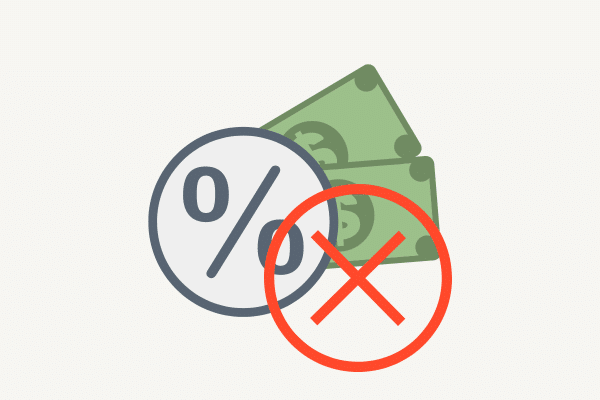
The right Certified Public Accountant (CPA) can add immense value to your business, freeing up your time and growing your wealth. But here’s the kicker—not all CPAs are equipped to deliver that level of impact. So, the question is: Is your CPA truly meeting your needs in 2024?
Beyond basic accounting tasks, your CPA should take a proactive approach, implementing tailored accounting solutions that elevate the efficiency and effectiveness of your back office. If this doesn’t sound familiar, it might be time to consider finding a new CPA.
Keep reading to see if your CPA checks all the boxes and what you should prioritize when searching for your next accounting partner.
🗝️ Industry Expertise Is Key
Look for a CPA who has a solid track record in your industry. The right CPA will understand industry-specific tax strategies, credits, and deductions that can save your business serious money. Having someone who already knows the ins and outs of businesses like yours means they can hit the ground running.
🤝 Experience with Clients Like Yours
It’s crucial to find a CPA with experience working with clients similar in size and structure to your own business. A CPA who has dealt with companies of various sizes—from startups to established enterprises—brings a wealth of knowledge that benefits you at every stage of growth. Avoid the long onboarding process by hiring someone who already knows how to handle businesses like yours.
🖥️ Embracing Modern Accounting Technology
Your CPA should be recommending accounting tools that make your life easier. If they’re still pushing outdated systems like QuickBooks Desktop, that’s your cue to raise an eyebrow. In 2024, your business deserves streamlined, cloud-based solutions like QuickBooks Online, paired with expert advice that’s tailored to your financial goals.
➕ Adding Value, Not Just Expense
A CPA should never be seen as an expense—they should be an asset that helps you maximize your profits. The right CPA uses their specialized knowledge to manage your finances efficiently, so you can focus on growing your business. Regular reports, strategic tax planning, and continuous communication throughout the year (not just in April) are must-haves.
✅ Strategic Financial Planning for the Future
Financial strategy isn’t just for Fortune 500 companies—your small business needs it too. If you’re losing sleep over tax payments or budget forecasts, your CPA might not be doing enough. You deserve a CPA that helps you think long-term, ensuring that your business thrives year after year.
A proactive CPA firm can offer you a full range of services, including:
- Tailored monthly accounting solutions
- Strategic business decision advisory
- Cutting-edge accounting technology
- Customized financial dashboards
- Controller advisory services
The right CPA doesn’t just handle your day-to-day financials; they help you build a future. So, is your CPA really delivering?
Let’s Take Your Business to the Next Level
If you’re questioning whether your current CPA is meeting your business’s needs, it’s time for a change. Contact us today and start working with a team of experts who are dedicated to helping your business succeed in 2024 and beyond.




